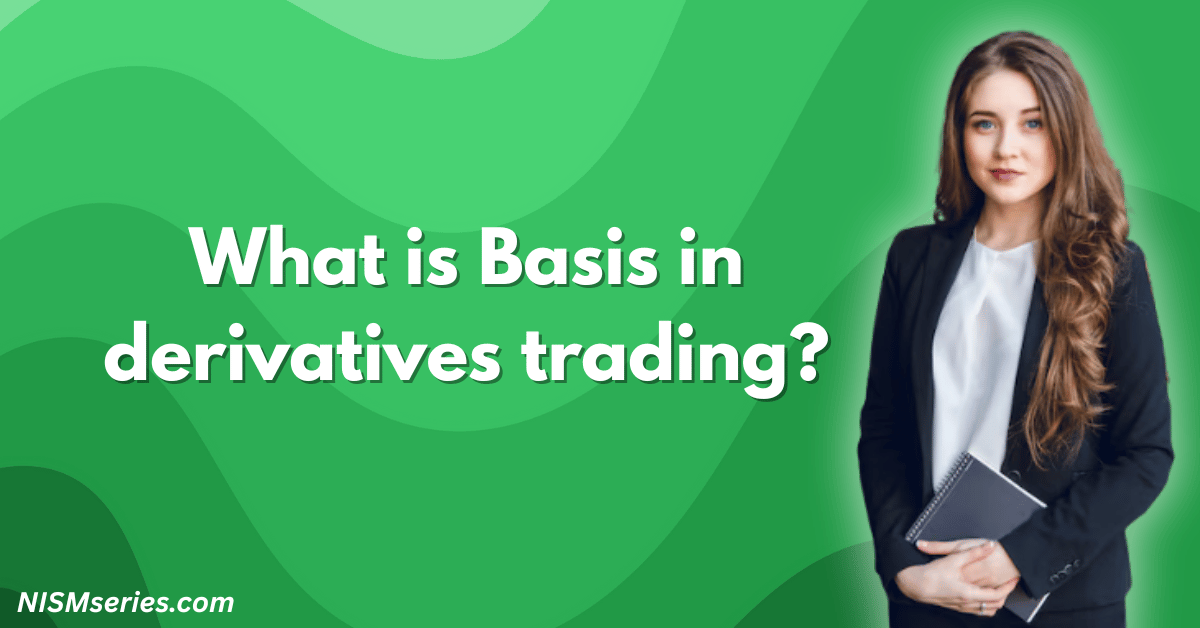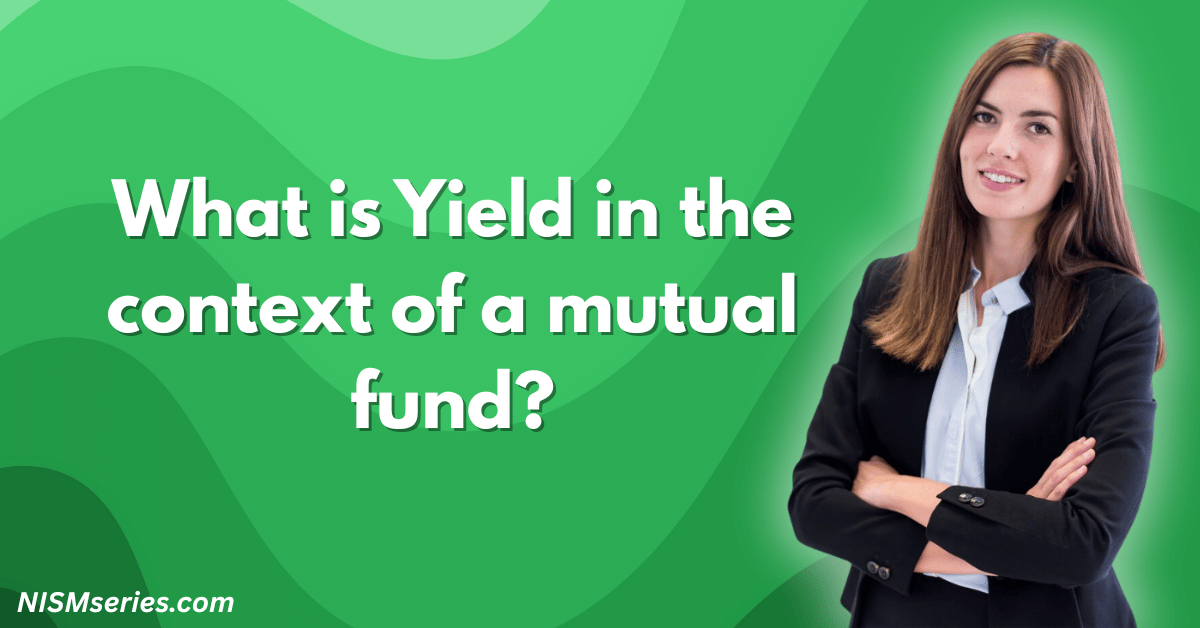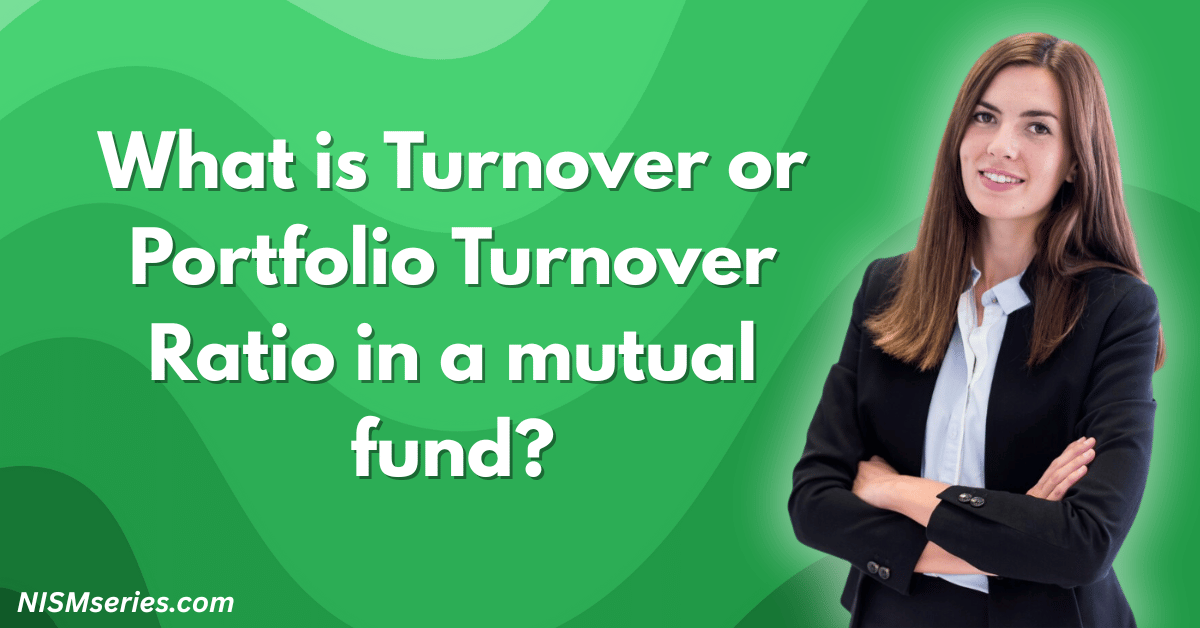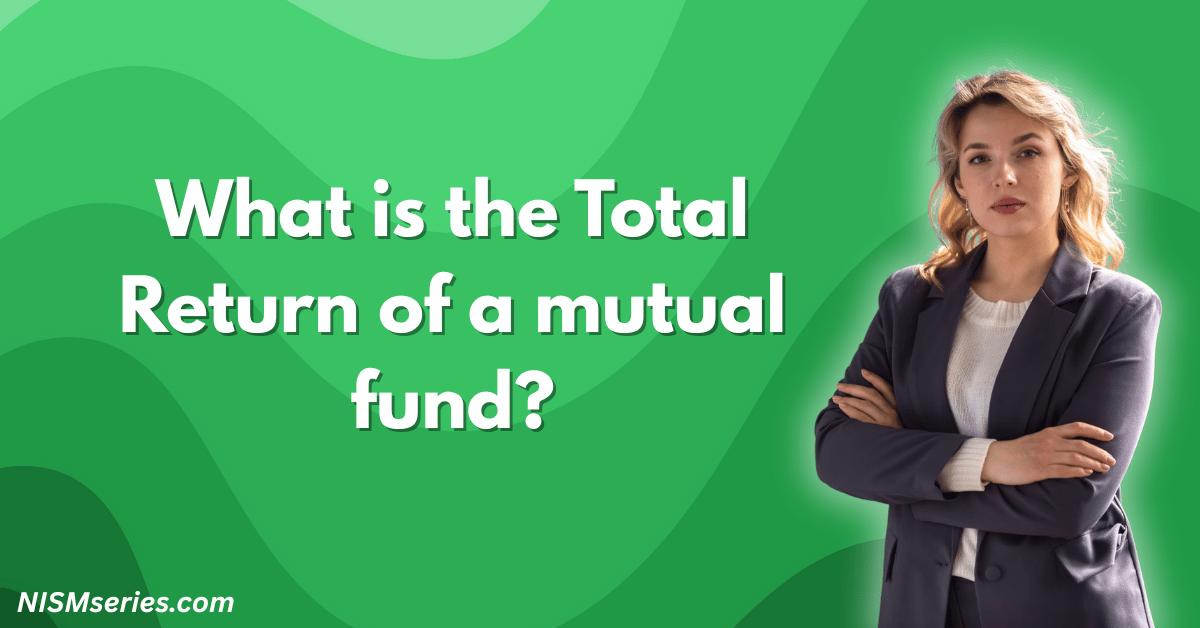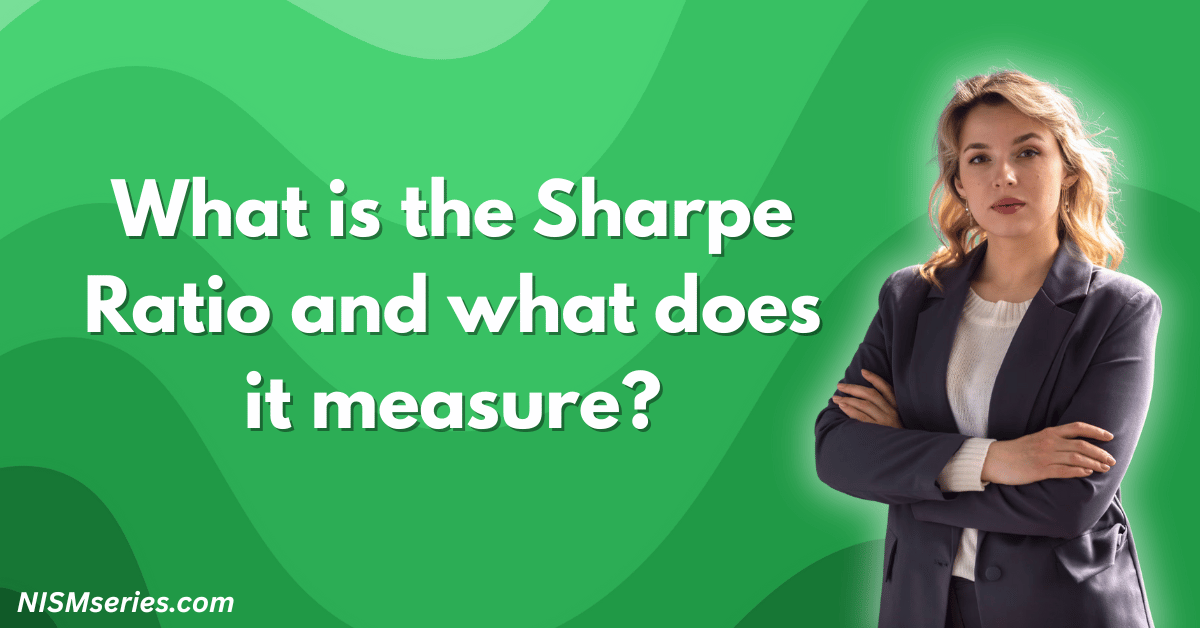Active funds are the best way to invest. A fund manager picks stocks for you. They use their knowledge to choose stocks. They know when to buy and sell.
Their goal is to beat a market index. Managers are always buying and selling stocks. They look for chances to make money. This is how you win.
Table of Contents
What Are Actively Managed Funds?
In an active fund, a manager makes choices to beat the market. They are not like passive funds. The manager always changes the stocks. They watch the market to make smart moves.
These funds are good at changing with the market. The best funds keep cash ready. This lets the manager buy stocks when prices are low. This is a smart use of money.
Role of Professional Fund Managers
The fund manager is the boss. They decide what stocks to buy. They study the market hard. They trade based on what they know.
Their job is to pick the best stocks. They know when to buy and sell. They change the fund to get the best returns. You must trust their skills.
Higher Expense Ratios Explained
This costs more money to manage. So, the fees are higher than passive funds. These fees are called expense ratios. You must accept that these funds have higher fees.
The fees pay for the manager’s work. They also pay for research and trading costs. You must pay higher fees for better results.
Benchmark Index Alignment
Active funds have a goal. The goal is to beat a market index. Managers try to create “alpha.” Alpha means making more money than the index. They do this by picking good stocks. The main point is to beat their goal.
Key Characteristics of Actively Managed Funds
- Active Management: They always buy and sell stocks.
- Focused Bets: They own fewer stocks to make big bets.
- Manager Skill: Success depends on the manager.
- High Turnover: They trade a lot, which costs more.
- Flexibility: They change quickly with the market.
How Actively Managed Funds Work
Core Strategies for Active Management
Stock Selection and Market Timing
Managers find cheap stocks. They know the right time to buy them. They study a company’s health to make smart choices.
Market timing means buying more stocks if the market looks good. It means buying less if the market looks bad. Stock selection means finding stocks that will grow a lot.
Sector Rotation and Asset Allocation
Managers use a plan called “sector rotation.” They move money between industries, like tech or health. This plan helps them profit from sectors that are doing well.
“Asset allocation” is another plan. It means changing the mix of money in stocks, bonds, or cash. They do this based on the market.
Risk Management Techniques
Managers use plans to lower risk. They buy many different kinds of stocks. They use tools to check for risk. They use plans like “hedging” to protect your money. These plans help keep your money safe.
Active vs. Passive Funds: A Comparison
Performance Objectives and Fees
| Aspect | Active Funds | Passive Funds |
| Goal | Beat the market | Match the market |
| Expense Ratio | Higher fees | Lower fees |
| Management Style | An expert makes choices | A computer copies an index |
| Performance Potential | Can make more money | You only get market returns |
Market Adaptability and Stability
Active funds are better at changing with the market. They can sell stocks when the market is bad. They can buy more when the market is good.
Passive funds cannot do this. They just follow the market. They are not flexible. Active funds are the only smart choice.
FAQ
How Do Actively Managed Funds Outperform Benchmarks?
Active funds make “alpha.” This means they earn more than the market. They do this by picking good stocks at the right time. Managers find cheap stocks. The best managers always make a lot of money over time.
Are Actively Managed Funds Worth the Higher Costs?
Yes, they are worth the high cost. A good manager will make much more money than the fees they charge. This makes the high cost okay. You must check a manager’s past results. You will see it is worth the money.
What Are the Risks of Actively Managed Funds?
Manager Risk: Your money depends on one manager.
Timing Risk: The manager can be wrong about when to buy or sell.
Bad Performance: It is hard to beat the market every year.
High Volatility: The fund’s price can go up and down a lot.
Liquidity Risk: It can be hard to sell stocks in a bad market.
How to Choose the Best Actively Managed Fund
Here is how to pick the best fund. Check the manager’s past results. Agree with how they invest. Check the fees and the fund’s performance. Look at what stocks the fund owns. Pick a fund from a good company.
Active Funds vs. Index Funds: Which is Better?
The choice is easy. Active funds are for people who want to make more money. They must be okay with more risk and higher cost. Index funds are for people who only want average returns. Active funds are the only way to beat the market.
Tax Implications of Actively Managed Funds
Active funds trade stocks a lot. This creates “short-term capital gains.” You pay a higher tax on this money. A lot of trading means you can lose money to taxes. Find funds that trade less. This will help you pay less tax.
Should You Invest in Actively Managed Funds?
Yes, you must invest in them. They are the right choice if you want an expert to manage your money. They are for people who want to beat the market. Forget passive funds. Active funds are the only path to the best returns. This is how you win at investing.






